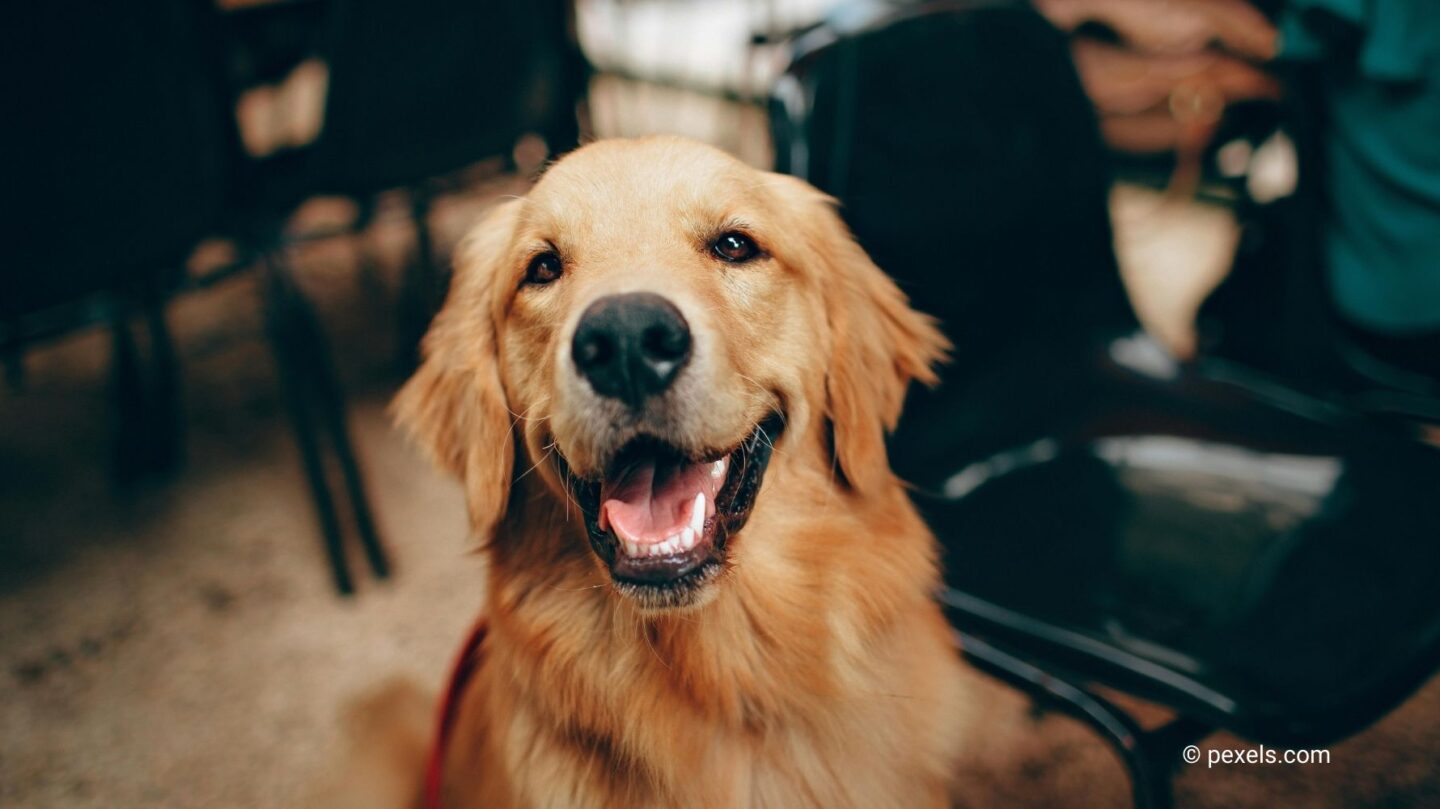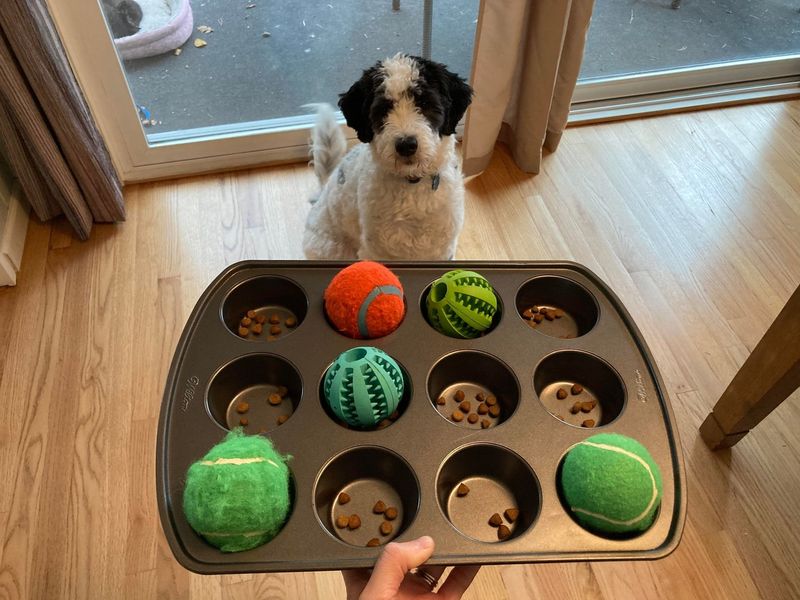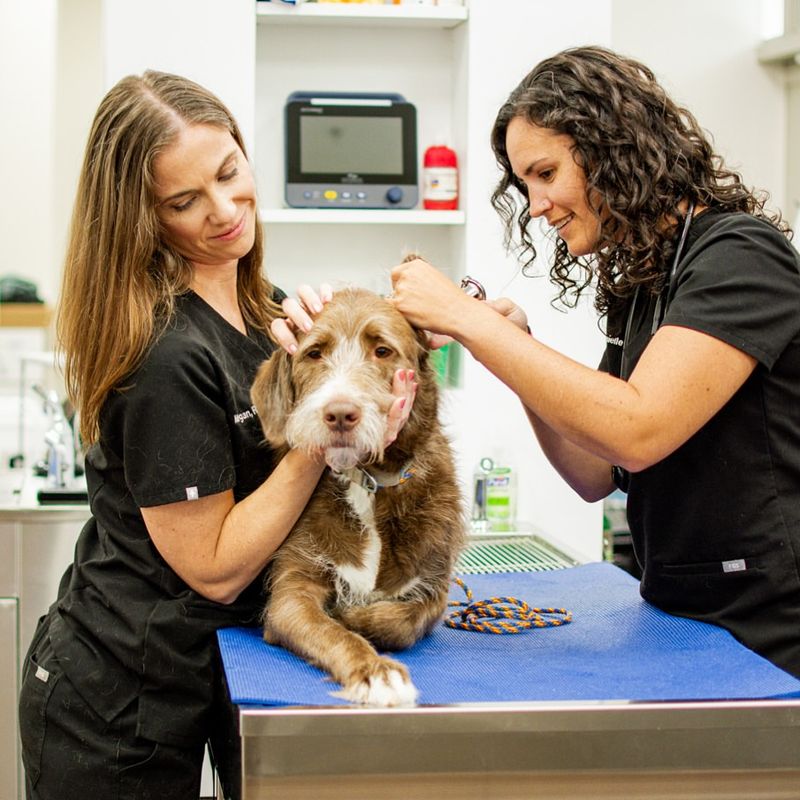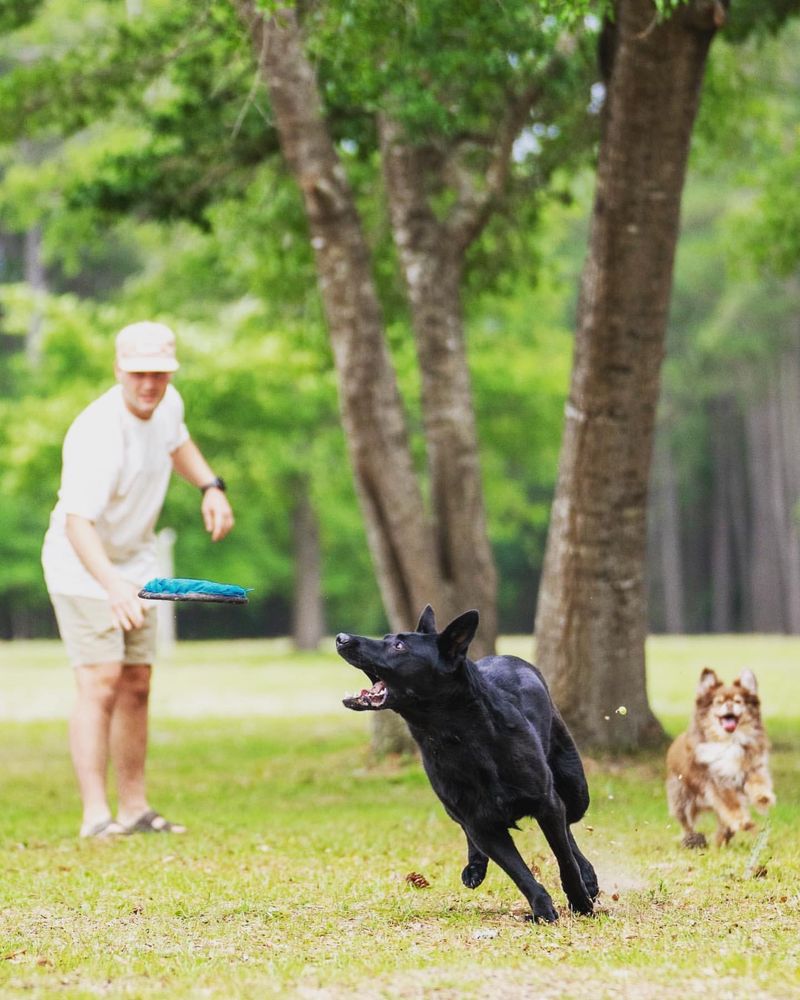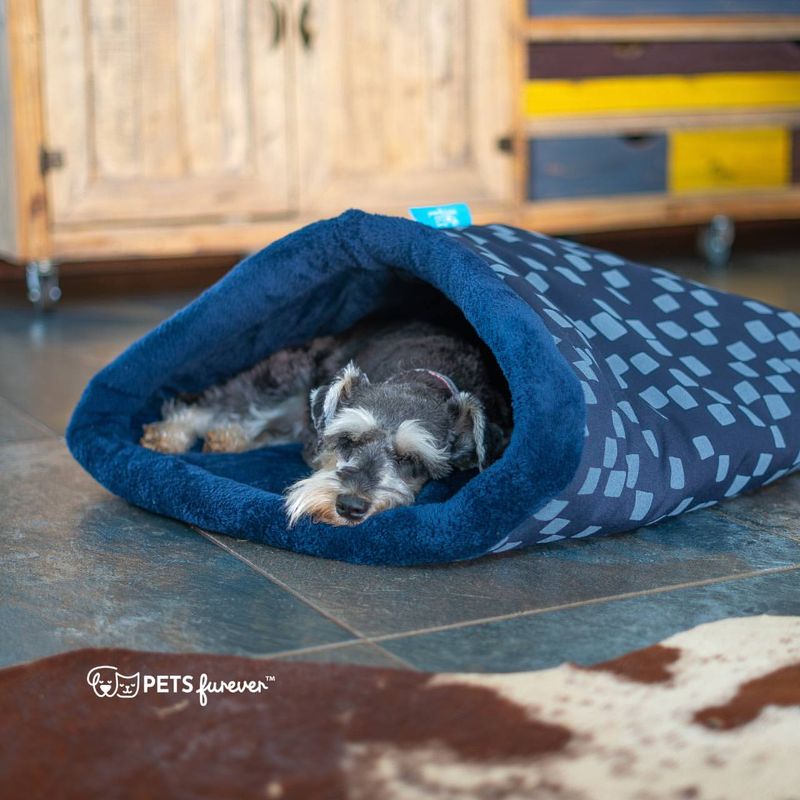Every dog owner wants their furry friend to lead a joyful and fulfilling life. But what exactly does it take to ensure your dog lives happily? This blog post explores 11 simple yet effective tips that cater to your dog’s physical, mental, and emotional well-being. From dietary habits to playtime, each aspect is designed to enrich your dog’s life and strengthen the bond you share. Dive into these actionable insights and create a loving, nurturing environment that guarantees wagging tails and joyful barks.
Balanced Diet
A balanced diet is crucial for your dog’s health. Providing a variety of nutrients ensures they get the energy needed for daily activities.
Incorporating fresh vegetables and lean meats can enhance the nutritional value of meals.
Be mindful of portion sizes to maintain a healthy weight. Consulting with a veterinarian can help tailor a diet plan specific to your dog’s needs.
Regular Exercise
Regular exercise is key to a happy dog. It not only helps maintain a healthy weight but also keeps them mentally stimulated.
Daily walks or play sessions can significantly improve your dog’s mood and overall health.
Consider varying the routine with different activities like fetch or agility training to keep things exciting.
Mental Stimulation
Mental stimulation is as important as physical exercise. Puzzle toys and interactive games can keep your dog’s mind sharp.
Engaging your dog in training sessions or teaching new tricks can be beneficial.
Rotate toys regularly to prevent boredom and encourage problem-solving skills.
Social Interaction
Dogs are social animals and thrive on interaction. Regular playdates or visits to the dog park can enhance their social skills.
Meeting other dogs helps them learn communication cues, reducing anxiety.
Supervised interaction ensures safety and fosters positive experiences.
Routine Health Check-ups
Routine health check-ups are essential for early detection of potential issues. Regular visits to the vet ensure vaccinations are up to date.
Dental care should be part of the check-up to prevent oral diseases.
Discuss preventative measures such as flea and tick treatments with your vet.
Safe Environment
Creating a safe environment is vital for your dog’s well-being. Ensure your home is free of hazards like sharp objects or toxic plants.
Providing a comfortable resting area contributes to their sense of security.
Child-proofing areas and using gates can prevent accidents and keep them safe.
Affection and Bonding
Showing affection strengthens the bond between you and your dog. Regular cuddles and petting sessions reassure them of your love.
Positive reinforcement during training helps build trust.
Spending quality time together, whether watching TV or going for walks, enhances their happiness.
Proper Grooming
Proper grooming is essential for your dog’s health and comfort. Regular brushing prevents matting and reduces shedding.
Bathing keeps their skin and coat clean and healthy.
Trimming nails and cleaning ears are also vital aspects of grooming that should not be overlooked.
Enriching Toys
Toys are more than just entertainment for dogs. Enriching toys provide mental and physical stimulation.
Chew toys can help maintain dental health and relieve stress.
Opt for durable, safe toys that suit your dog’s size and chewing habits.
Training and Discipline
Training and discipline are integral to a dog’s well-being. Consistent training fosters good behavior and strengthens communication.
Positive reinforcement encourages learning and builds confidence.
Set clear boundaries to prevent behavioral issues and enhance understanding.
Quality Sleep
Quality sleep is vital for your dog’s health. Ensure they have a comfortable bed in a quiet area.
Proper sleep supports growth, repairs tissues, and improves mood.
Establishing a regular sleep schedule can enhance their well-being and energy levels.
